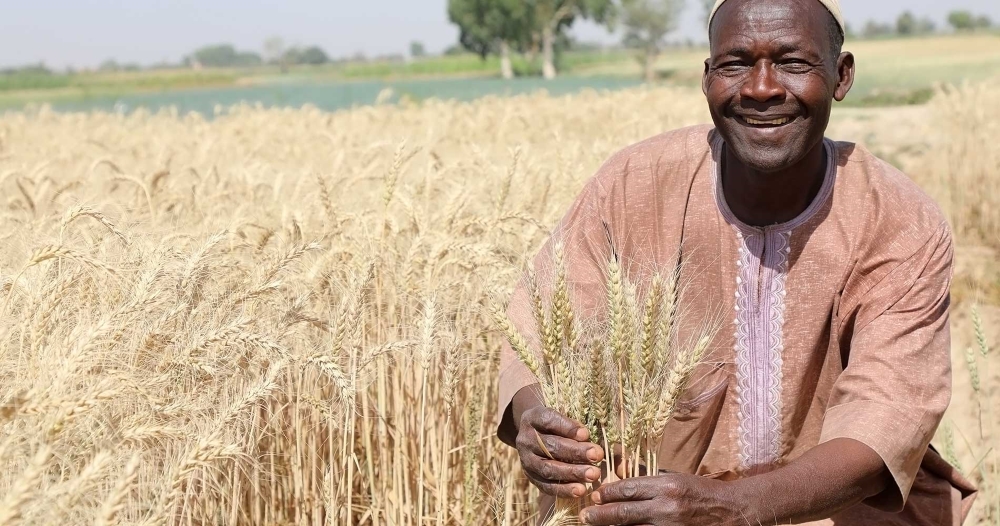The World Food Program (WFP) warns that international trade is effecting the availability and pricing of wheat in East African states.
In a recent publication, the World Food Program (WFP) has underscored the potential influence of international trade dynamics on wheat availability and prices across select East African nations. The suspension of the Black Sea Grain Initiative in Eastern Africa, examined in the report, has raised important considerations for regional wheat markets.
Local wheat production insufficient
The WFP’s analysis reveals a significant gap between local wheat production and consumption requirements within Eastern African countries. Alarming statistics show that in-country wheat production currently covers a mere 0 to 25 percent of total annual consumption needs across most nations in the region.
Trade influences on wheat availability
The WFP’s insights highlight the crucial interplay between international trade dynamics and wheat availability, particularly in Djibouti, Somalia, and Sudan. Given their substantial dependence on imports from the Black Sea region, these nations find themselves susceptible to shifts in global trade patterns, coupled with the impact of weak domestic currencies.
Djibouti and Sudan exhibit a wheat consumption pattern that stands at 67 percent and 38 percent of total cereal consumption, respectively. On the other hand, Ethiopia, Kenya, and Somalia allocate less than 24 percent of their total cereal consumption to wheat. Djibouti and Somalia’s exclusive reliance on imports for domestic wheat further underscores their vulnerability to trade fluctuations.
Ethiopia’s exceptional domestic production
In East African wheat markets, Ethiopia stands as an exception. The WFP’s data reveals that domestic production in 2022 catered to an impressive 82 percent of the nation’s total wheat consumption needs. This distinctive self-reliance sets Ethiopia apart from its regional counterparts.
Critical trade partnerships for wheat imports
Somalia and Sudan’s dependence on wheat imports from Russia and Ukraine comes to the fore. In 2022, Ukraine supplied 63 percent of Somalia’s wheat imports, while Russia and Ukraine collectively accounted for 85 percent of Sudan’s annual wheat requirements, with individual contributions of 50 percent and 20 percent, respectively.
The WFP report underscores the significance of the Black Sea Grain Initiative, which had facilitated the shipment of approximately 876,000 metric tons (MT) of food, including over 343,000 MT of wheat, to Djibouti, Ethiopia, Kenya, Somalia, and Sudan since its launch in July 2022. This initiative played a pivotal role in ensuring food security across the region.
Uncertainties and emerging factors
While the Black Sea Grain Initiative made substantial contributions, the report acknowledges that the impending El Niño event forecasted for late 2023 introduces potential uncertainties for production prospects and the stability of international wheat prices in the medium-to-long term.
The full report can be downloaded here.
For more trade news, visit our dedicated archives.
